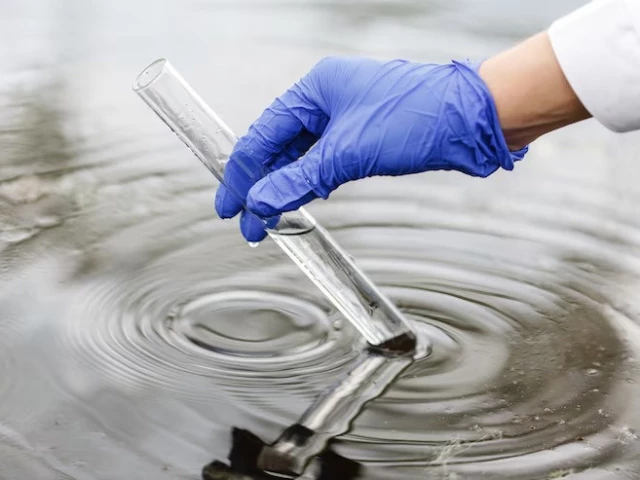Punjab's filtration plants earn carbon credits
1,000+ filtration plants slash pollution, fuel consumption

Punjab has become the first province in Pakistan to secure carbon credits in the water sector, with the Punjab Saaf Pani Company set to receive Rs400 million annually for reducing carbon emissions through its water filtration initiative.
The Punjab Saaf Pani Authority has installed over 1,000 water filtration plants across the province, significantly cutting air pollution and carbon emissions.
Punjab Saaf Pani Authority CEO Syed Zahid Aziz said international organizations under the United Nations grant carbon credits for emission reduction efforts.
Developed countries, bound by emission limits, provide funding for projects that help lower global carbon footprints.
Although Pakistan contributes minimally to global carbon emissions, it is among the nations most affected by pollution. In response, the government has taken proactive measures to curb emissions. Following the installation of filtration plants, Korean and German experts independently assessed the project, verifying its impact before it was registered with the global organization "Verra," which certifies carbon reduction claims.
The project met 14 key conditions for approval. Aziz expressed optimism that by May, the carbon savings will be auctioned, generating Rs400 million annually. These funds will not only strengthen Pakistan's foreign exchange reserves but will also support the expansion of clean drinking water services.
He explained that the project's carbon reduction impact is linked to two key factors. First, the availability of filtered water has reduced the need for boiling, lowering the use of traditional and fossil fuels. As a result, international organisations have recognised the Punjab Saaf Pani Authority's contribution to cutting thousands of tons of carbon emissions.



















COMMENTS
Comments are moderated and generally will be posted if they are on-topic and not abusive.
For more information, please see our Comments FAQ